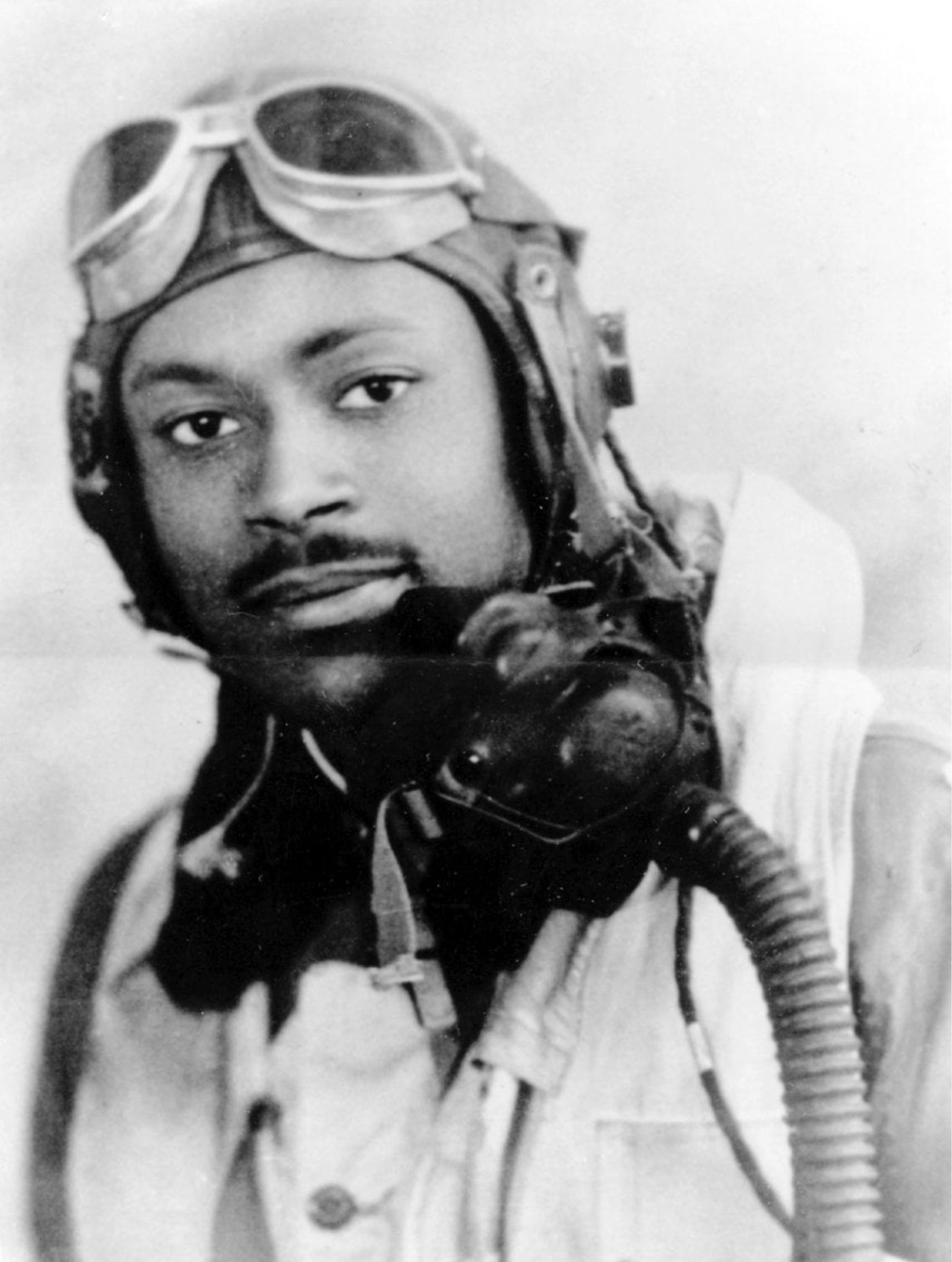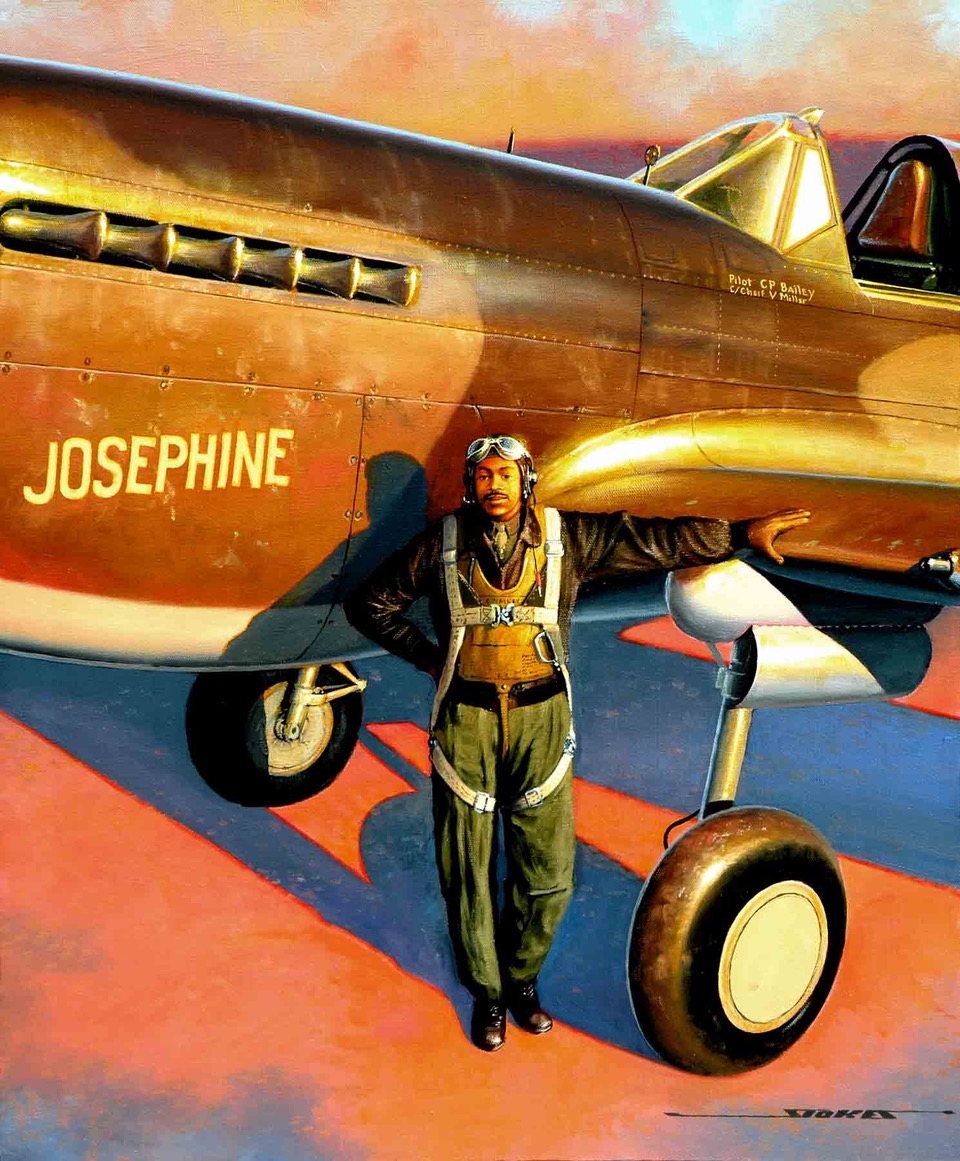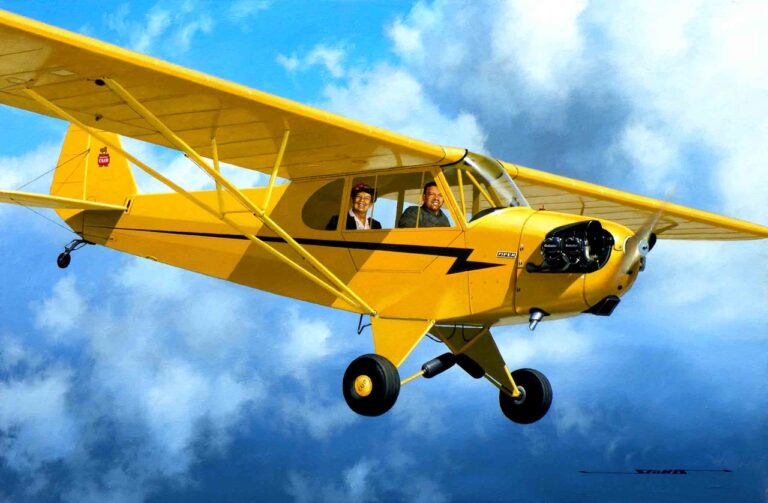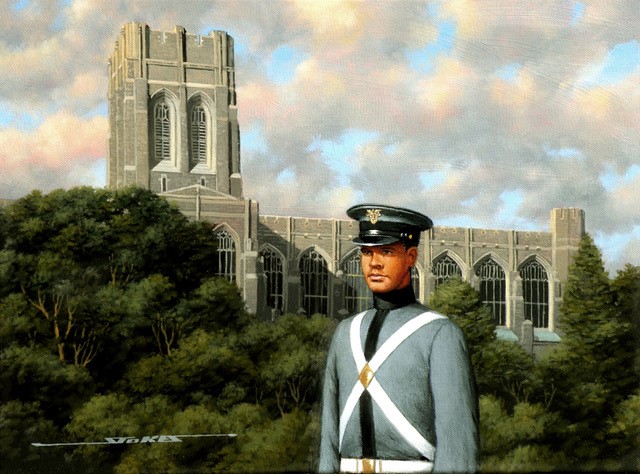Charles Phillip Bailey was born on November 25, 1918, in Punta Gorda, Florida. He was the son of Archie Bailey and Josephine Bailey.
Bailey attended the historically black university Bethune-Cookman in Daytona Beach, Florida, where he played football on a full scholarship. Bailey possessed a deep desire in becoming a pilot but, Bethune-Cookman University did not have a civil aviation pilot program like Tuskegee Institute did. After he completed his first two years at Bethune-Cookman, the Dean of the University, who was aware of Bailey’s desire for flight training, arranged for him to transfer to Tuskegee Institute to be able to take advantage of Tuskegee’s stellar aviation program.
Now, as a Tuskegee Institute student, he was able to receive flight training at the institute’s airport, Kennedy Field. There he flew the institute’s Piper J-3 Cubs and Waco YPT-14s. He was also able to take all of the Student Pilot Ground School classes. With all of this done, he was ready to start military flight training.
In August 1942, Bailey enlisted in the U.S. Army. On April 29, 1943, after months of learning how to be a US Army Air Force fighter pilot, Bailey graduated as a member of Class 43-D-SE, receiving his silver wings and commission as a 2nd Lieutenant. In the Fall of 1943, the USAAF assigned Bailey to the 332nd Fighter Group’s 99th Fighter Squadron as a replacement pilot for the squadron that was currently at a base just outside of Casablanca.
Flying his beloved P-40 Warhawk “Josephine” aircraft named after his mother, Bailey shot down two Focke-Wulf Fw 190 German fighters. Bailey also flew a P-51 aircraft named “My Buddy” in honor of his father.
During one of his aerial missions over the Mediterranean, Bailey was physically struck near his heart by shrapnel; fortunately, a Bible that he kept in his flight jacket pocket deflected the blow, protecting Bailey.
He flew 133 combat missions throughout Central Europe, Germany, Sicily, Italy, France, and the Rhineland. For his combat flying during World War II, the US Army Air Force awarded Bailey four Air Medals and the Distinguished Flying Cross.





